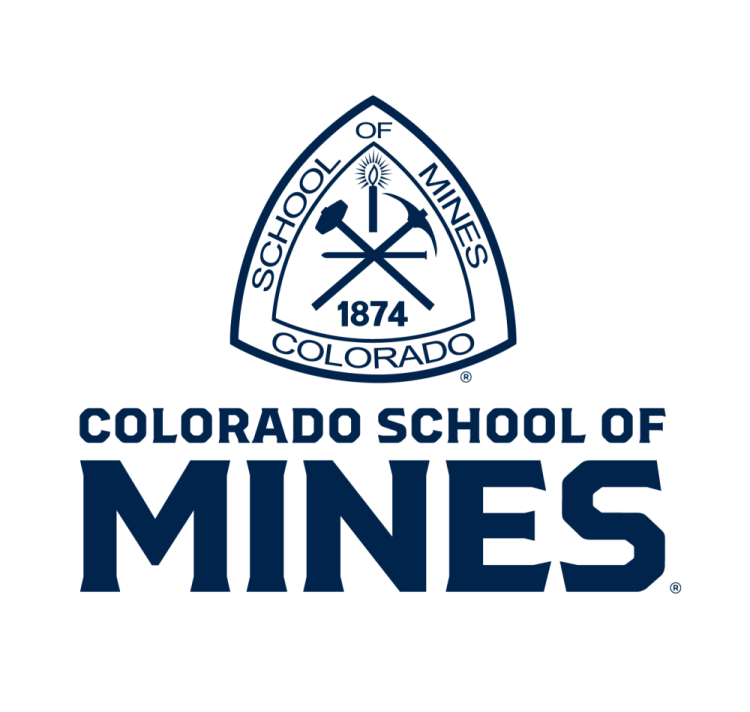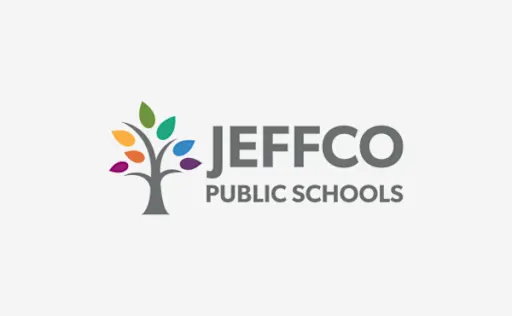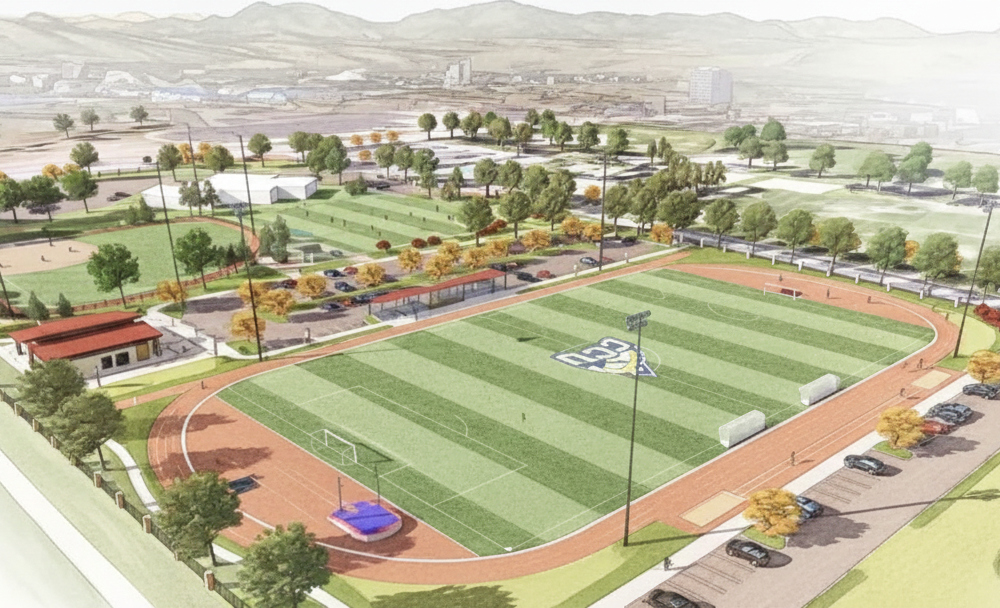
A team of students from the Colorado School of Mines has been selected by NASA to participate in the University Student Research Challenge (USRC), focusing on a project to develop a megawatt-scale electric turbofan system. This initiative aims to reduce reliance on fossil fuels and provide a potential solution for large-scale supersonic commercial planes.
Led by Mahzad Gholamian, a PhD candidate in Electrical Engineering, the team is working on a 25 MW, 7.5 kV electric turbofan system. “With aviation increasingly shifting toward electrification and decarbonization, our research plays a crucial role in advancing next-generation electric propulsion systems that reduce reliance on fossil fuels and lower carbon emissions,” Gholamian said.
Current commercial flights travel at subsonic speeds, around Mach 0.85, where a standard flight from New York to London takes approximately 7 hours. In contrast, a supersonic aircraft could reduce this travel time to just 3.5 hours by flying at speeds exceeding Mach 1.
Traditional supersonic models, such as the Concorde, were discontinued due to fuel inefficiencies, noise pollution and high operational costs. “Our engineering perspective suggests that rather than abandoning supersonic flight due to these challenges, we should seek innovative solutions to overcome them,” Gholamian said.
The team’s design includes a dual-rotor motor (DRM) topology that enhances power density, energy accessibility and reliability. This design offers redundancy; if one rotor fails, the other can continue functioning. The 9-phase configuration aims to improve fault tolerance and maintain operation even during partial failure.
The DRM is projected to operate at 15,000 RPM, providing 25 MW of thrust per engine, with mid-size supersonic planes requiring four electric engines. The interdisciplinary team includes Garret Reader, an undergraduate in Electrical Engineering focused on prototyping and testing; Henri Phillips, a Mechanical Engineering undergraduate overseeing the mechanical design; and Mirali Seyedrezaei, a PhD student managing the project’s crowdfunding campaign. They are guided by Omid Beik, assistant professor of electrical engineering and an expert in electric propulsion systems.
As part of the USRC, the team will not only conduct technical research but will also develop skills in entrepreneurship and public communication. They will raise part of their research funding through a student-led crowdfunding campaign, gaining experience in project management and public outreach.


